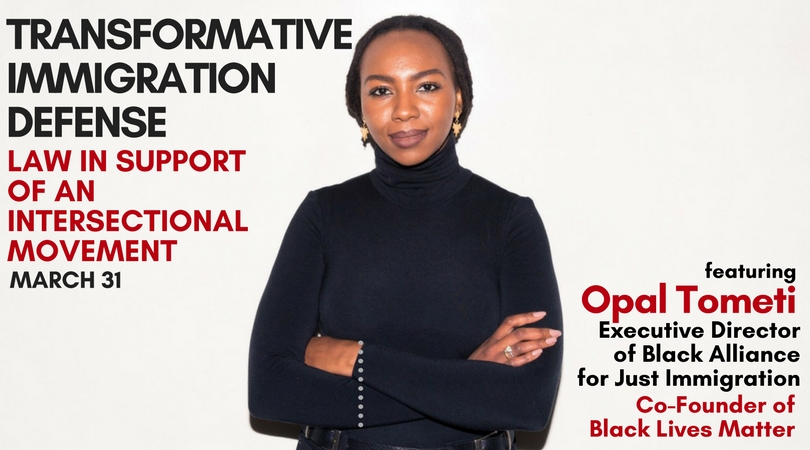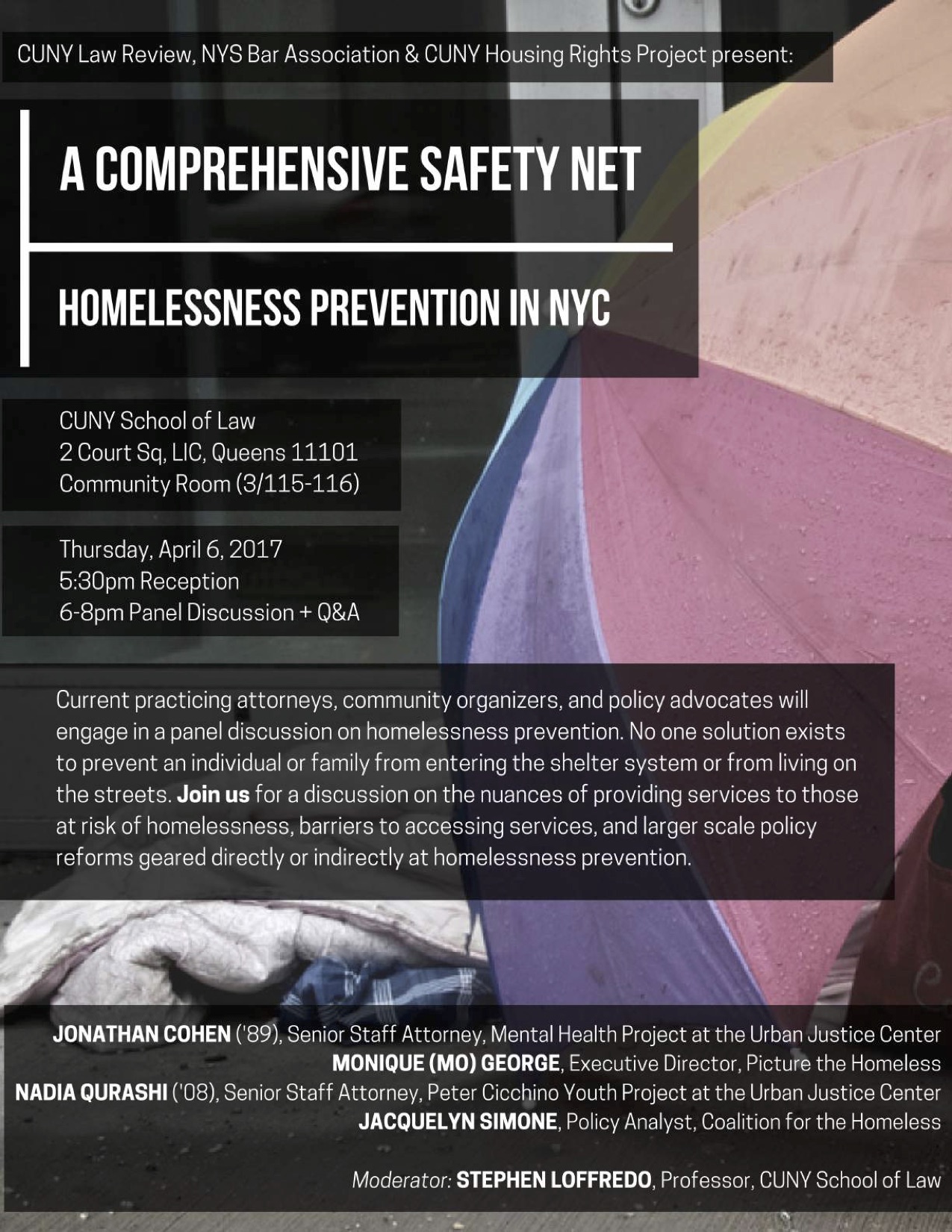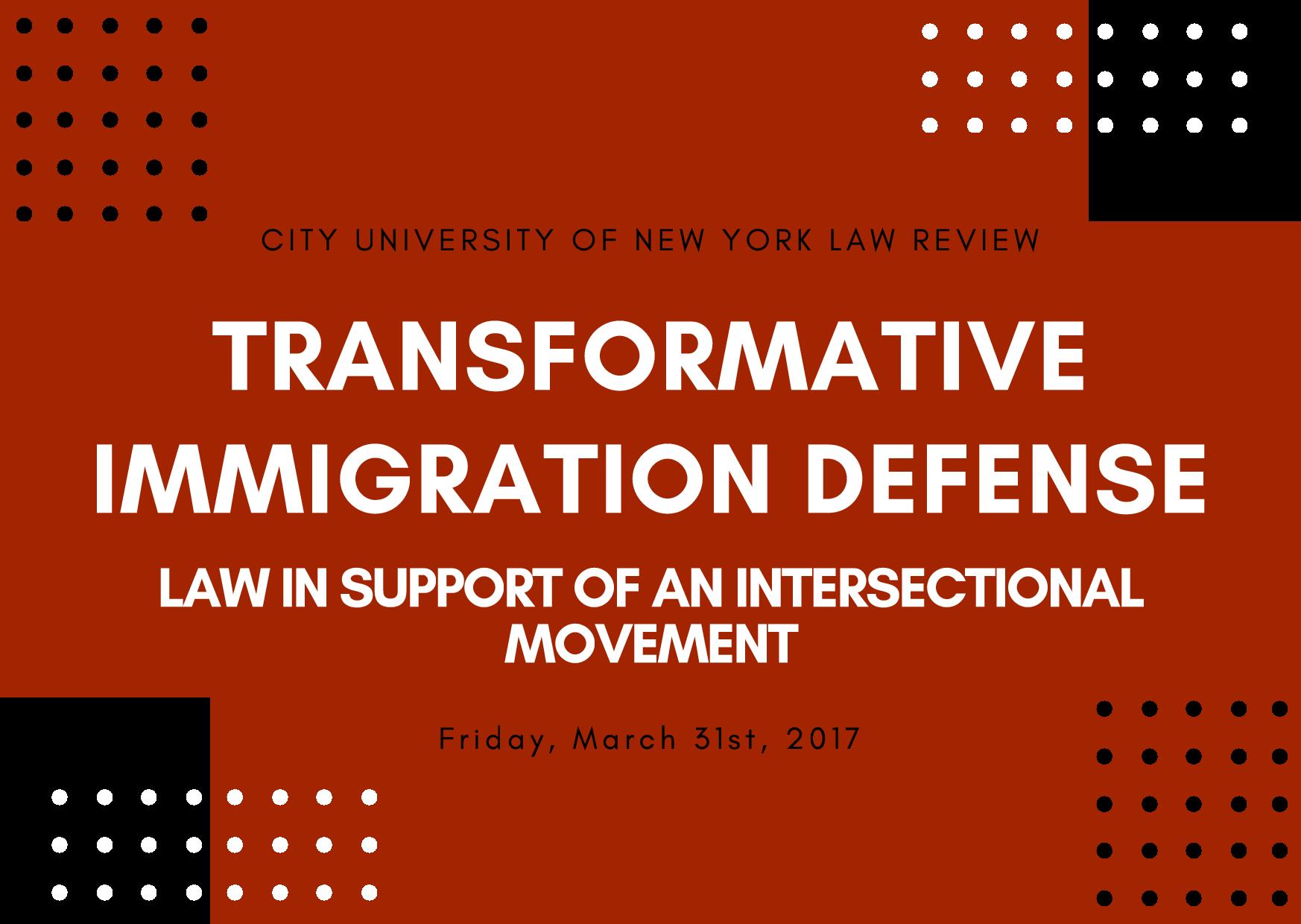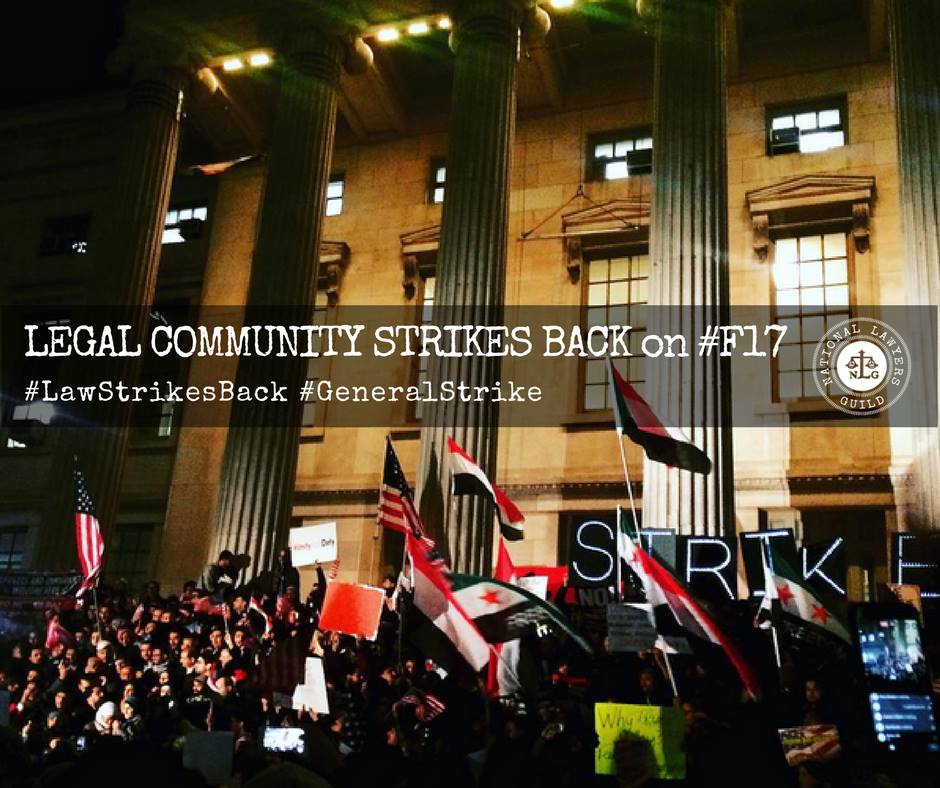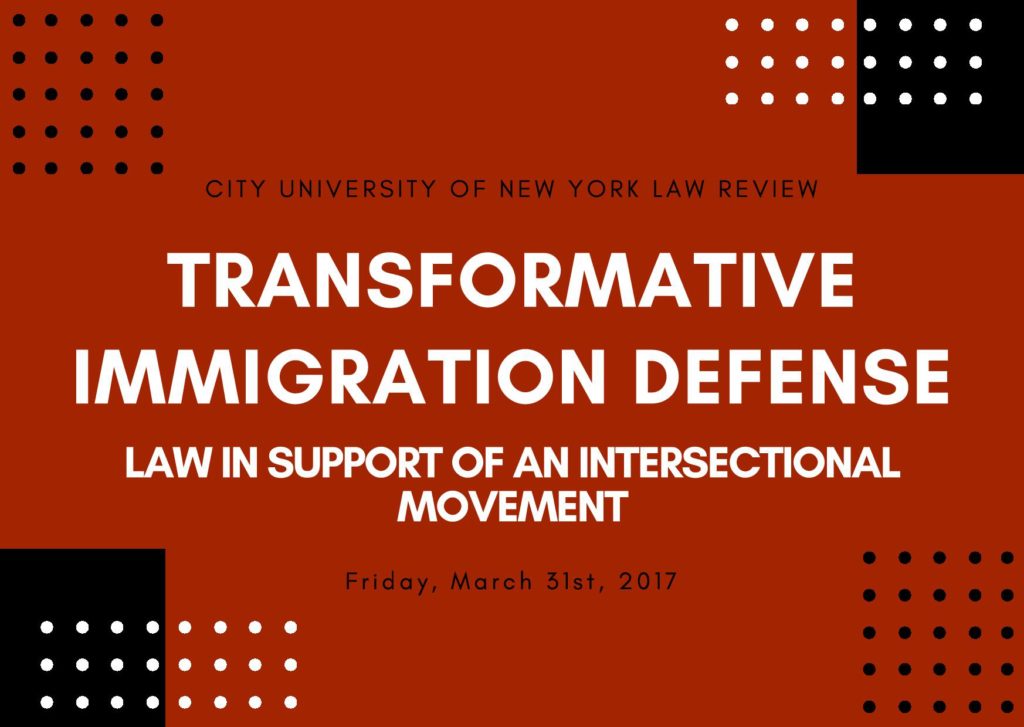On April 8, 2016, we hosted a Symposium entitled, Reimagining Family Defense. We are excited to publish our Symposium issue — explore the complete digital version of Volume 20.1.
Introduction
Introduction by Angela Olivia Burton, Director of Quality Enhancement, Parent Representation at the New York State Office of Indigent Legal Services (“ILS”)
Public Interest Practitioner Section (PIPS)
However Kindly Intentioned: Structural Racism and Volunteer CASA Programs by Amy Mulzer, Staff Attorney and Clinical Instructor of Law in the Disability and Civil Rights Clinic, Brooklyn School of Law & Tara Urs, Attorney for the Defender Association Division of the King County Department of Public Defense
Healthy Mothers, Healthy Babies: A Reproductive Justice Response to the “Womb-to-Foster-Care Pipeline” by Emma S. Ketteringham, Managing Director, FDP at The Bronx Defenders, Sarah Cremer, Director of Healthy Mothers, Healthy Babies at The Bronx Defenders & Caitlin Becker, Managing Director of Social Work at The Bronx Defenders
Safeguarding the Rights of Parents with Intellectual Disabilities in Child Welfare Cases: The Convergence of Social Science and Law by Robyn M. Powell, MA, JD, Lurie Institute for Disability Policy Fellow and Ph.D. Candidate, Heller School of Social Policy and Management, Brandeis University
Ambivalence About Parenting: An Overview for Lawyers Representing Parents in Child Welfare Proceedings by Lisa Beneventano, Associate Director of Chances for Children-NY (CFC) & Colleen Manwell, Staff Attorney at The Family Defense Team at the Neighborhood Defender Service of Harlem (NDS)
Articles
Family Defense and the Disappearing Problem-Solving Court by Jane M. Spinak, Edward Ross Aranow Clinical Professor of Law, Columbia Law School
Inequity in Private Child Custody Litigation by Dale Margolin Cecka, Clinical Professor of Law and Director of the Jeanette Lipman Family Law Clinic, University of Richmond School of Law
Afterword
Afterword by Matthew I. Fraidin, Professor of Law, University of the District of Columbia David A. Clarke School of Law (UDC-DCSL)
Footnote Forum
A Hybrid Model for Family Defense: Combining a Public Interest Law Firm, a Legal Services Program and a Powerful Pro Bono Network to Forge Cutting-Edge Legal Advocacy for Families in the Child Welfare System by Diane L. Redleaf, Found and Executive Director, Family Defense Center, Chicago, Illinois
Family Defense in the Age of Black Lives Matter by Erin Cloud, Rebecca Oyama & Lauren Teichner, The Bronx Defenders
A Robust Defense: The Critical Components for a Reimagined Family Defense Practice by Kara R. Finck, Practice Associate Professor of Law and Director, Interdisciplinary Child Advocacy Clinic at the University of Pennsylvania Law School
